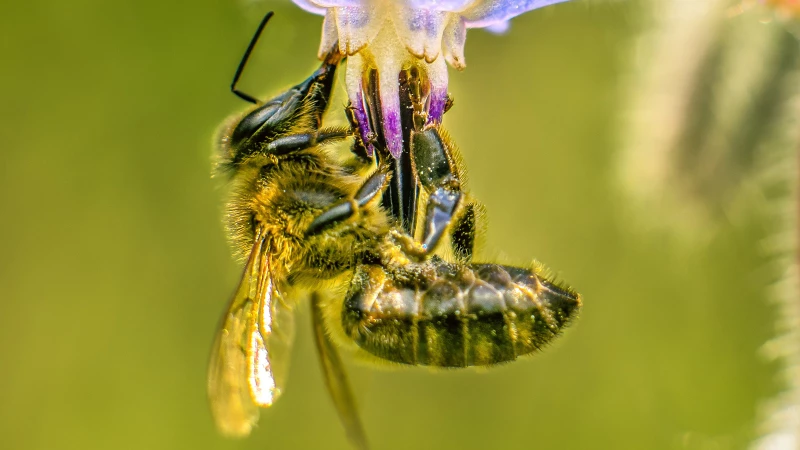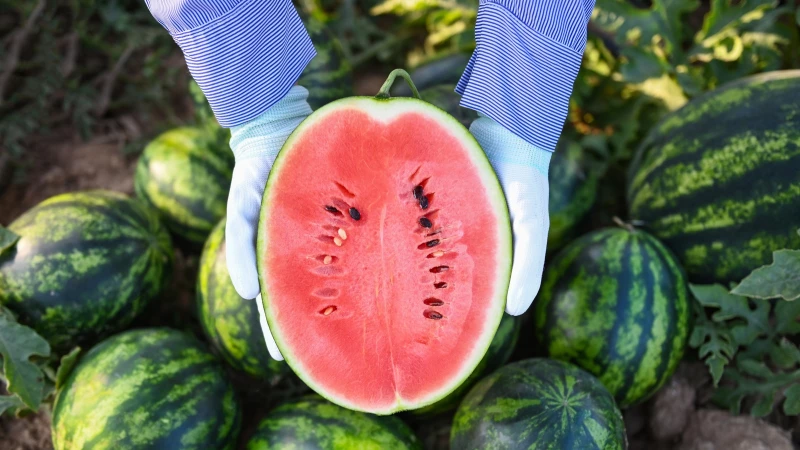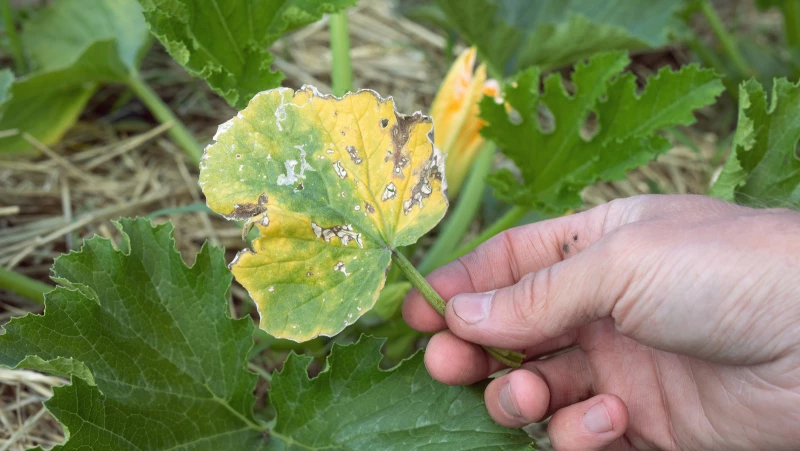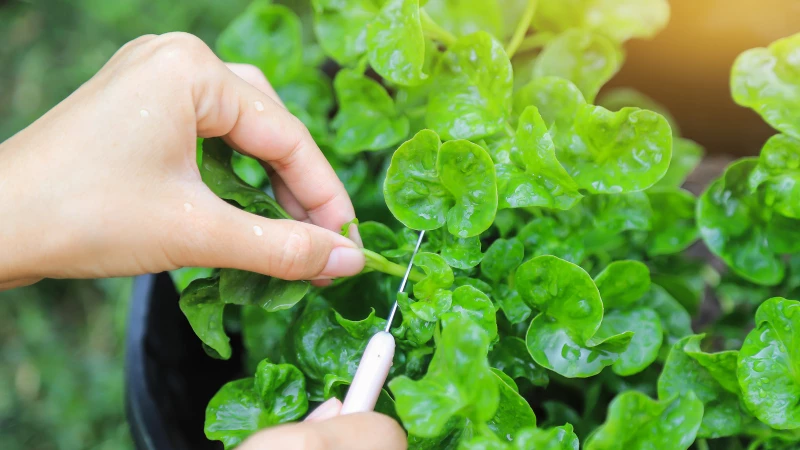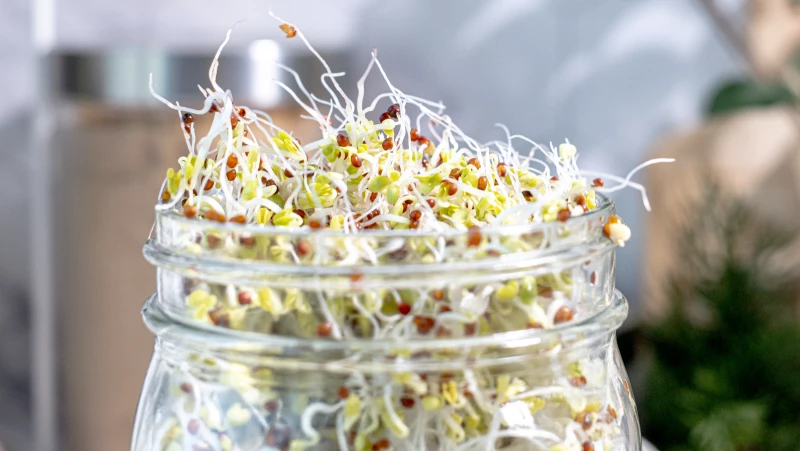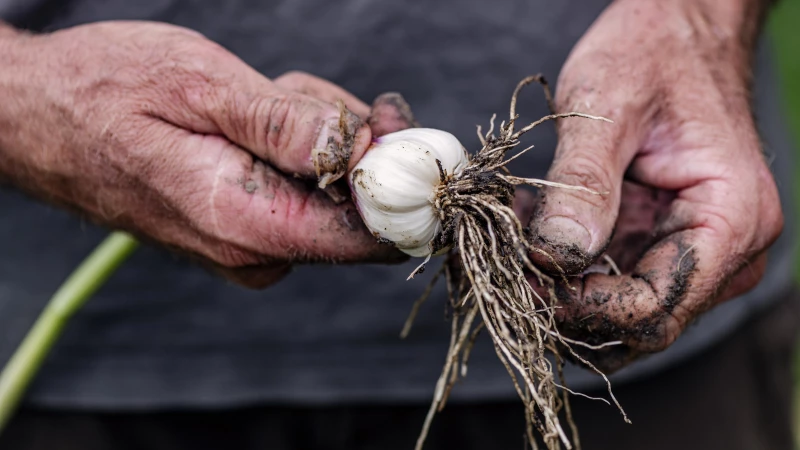Attracting Pollinators to Your Garden with Borage
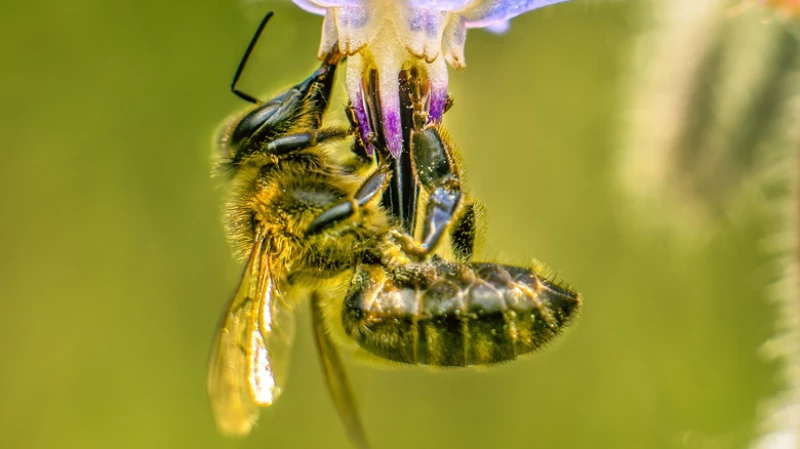
If you're interested in increasing the number of bees in your garden this season, consider planting borage, also known as starflower. This annual herb features fuzzy, edible leaves that have a refreshing cucumber-like taste. In addition, borage produces beautiful blue flowers that attract various pollinators like bumble bees, honey bees, and native bees to your garden.
Borage not only serves as a magnet for pollinators but also acts as a natural pest deterrent, particularly against hornworms. By planting borage alongside strawberries and tomatoes, you can help protect your crops from unwanted pests. Furthermore, the tall growth of borage plants provides shade for sun-sensitive plants in your garden. This herb is low-maintenance and can thrive in drier conditions, making it a versatile addition to any garden.
Cultivating borage in your garden offers numerous benefits, from safeguarding your crops to enjoying its vibrant flowers alongside essential pollinating insects. Consider adding borage to your garden this year to create a thriving and vibrant ecosystem.
Want to add some borage to your garden? You can kickstart this herb by planting seeds in your garden as spring begins, or you can opt to place the seeds in small pots indoors. Ensure that the seeds are only placed about ½ inch from the top of the soil and are positioned in a spot with plenty of direct sunlight. While borage plants thrive in sunny conditions, they can also tolerate some shade. These plants are not too picky about the soil they grow in, but it's essential to ensure that the soil drains well. Interestingly, borage can flourish even in poor, nutrient-deficient soil. Remember to water the plant only when the soil has dried out, as borage prefers not to be overwatered.
Although borage is an annual herb, it will keep reappearing in your garden year after year due to its self-seeding nature, potentially spreading throughout your yard. While it may spread, removing excess seedlings from your garden bed should be relatively easy. The great thing is that by planting borage once, you can attract pollinators to your yard every year.

